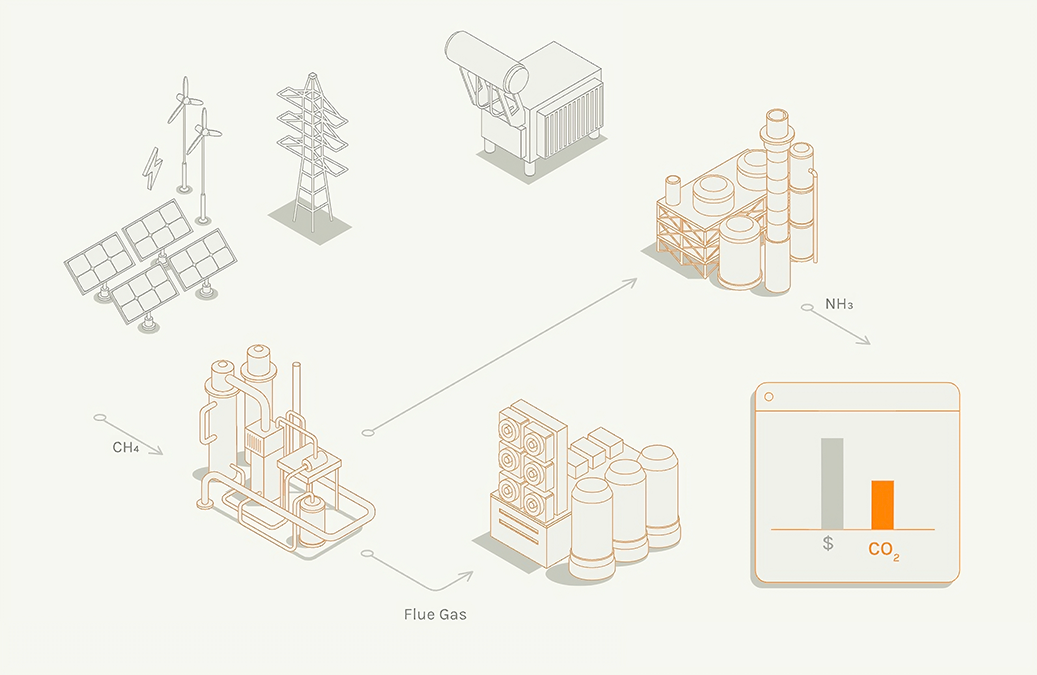Systems Thinking in Energy: Navigating Costs, Emissions, and Impact
Learn how to conduct systems-level energy analysis using a novel modeling tool developed by MIT that will help you explore pathways to decarbonization and climate change mitigation.
Learn how to conduct systems-level energy analysis using a novel modeling tool developed by MIT that will help you explore pathways to decarbonization and climate change mitigation.
Learn how to conduct systems-level energy analysis using a novel modeling tool developed by MIT that will help you explore pathways to decarbonization and climate change mitigation.
The energy transition involves navigating complex tradeoffs between reducing carbon emissions, lowering costs, ensuring reliability, and scaling renewable energy solutions. Making smart decisions requires more than technical knowledge – it demands a systems thinking mindset.


